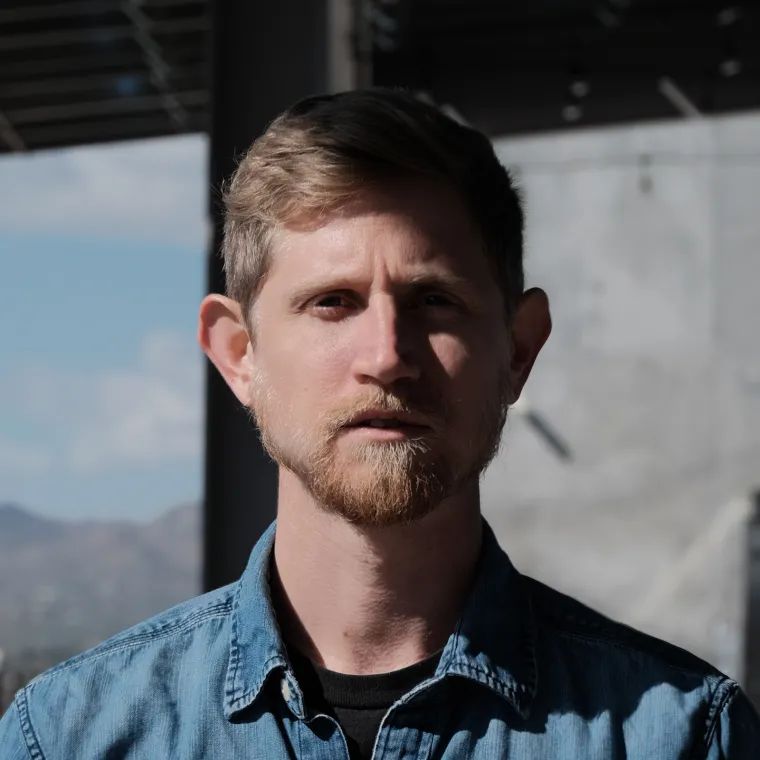Kai Lepley

WONDER HOUSE @ SXSW 2022 Talk:
The Futuristic Farms and Resilient Rooftops that are Saving Tomorrow
Sunday, March 13 at 11 a.m.
Rooftop Stage
KIRK AND KAI'S CONVERSATION:
Half of all land on Earth is human agriculture and infrastructure. Yet, southwestern cities continue to boom. Growing urban populations demand more food, more energy and more land from rural surroundings where unpredictable weather challenges food production and sustainable livelihoods. Natural and agricultural landscapes are threatened by rapid development, and urban sprawl creates urban heat islands. Climate change brings a double threat of extreme heat and increasing drought that stresses our food, energy and water systems. How do we continue to grow while facing these immense challenges?
We think vertical, we stack functions and we learn from the intelligent patterns that have always been around us. Life in the desert has always taken advantage of shade. Plants thrive in the shade of canyons. Cacti germinate under the shade of trees and shrubs. Even cows know where to go on a summer afternoon. Indigenous peoples around the world have taken advantage of the shade of trees since time immemorial. Today, everyone wants to park their car in the shade of solar panels. The plants that make our food and air are no different. We challenge the notion of single use and propose systems of multifunctionality. We believe farmers should grow food and energy. We believe rooftops should be livable and productive. We are finding that the benefits of stacking functions provide more than the sum of their parts. Join us for a conversation on southwestern resilience and the cutting edge of feeding and energizing our cities with only drops of water.
ABOUT KAI:
Kai Lepley is a Ph.D. student at the University of Arizona’s School of Geography, Development and Environment. He works at the confluence of renewable energy, sustainable agriculture, and resilient land use. Kai sees light in every aspect of his life. His research uses light through a remote sensing perspective to the study multifunctional land use—agrivoltaics, agroforestry, urban agriculture, and PV+. As a NASA Space Grant Fellow, he brings the science of light into southern Arizona classrooms through project-based learning and remote sensing curriculum. As a documentary filmmaker and photographer, he captures light to communicate science and the intersections of human livelihoods and natural biodiversity. Kai hopes to make the human impact on Earth a positive one.

